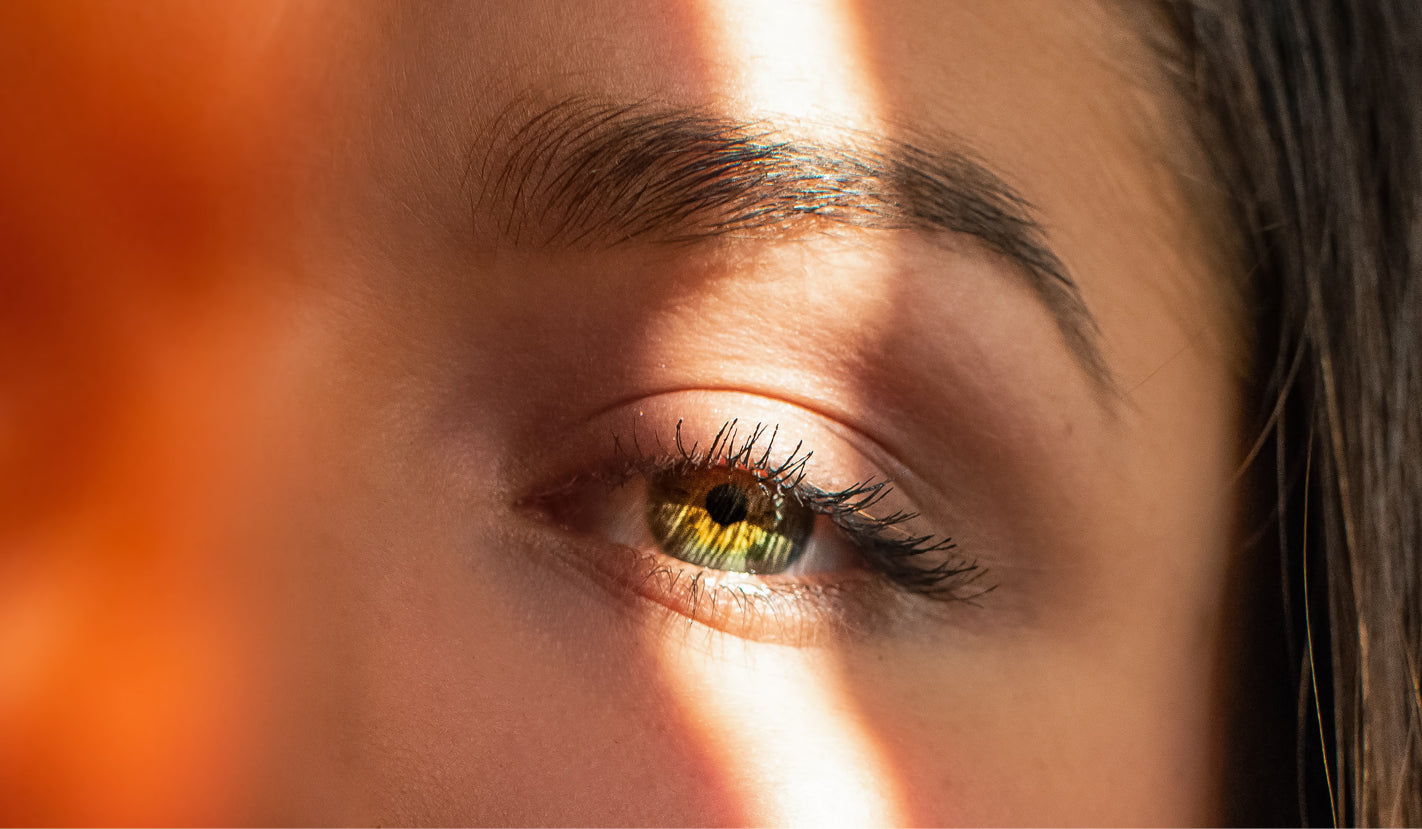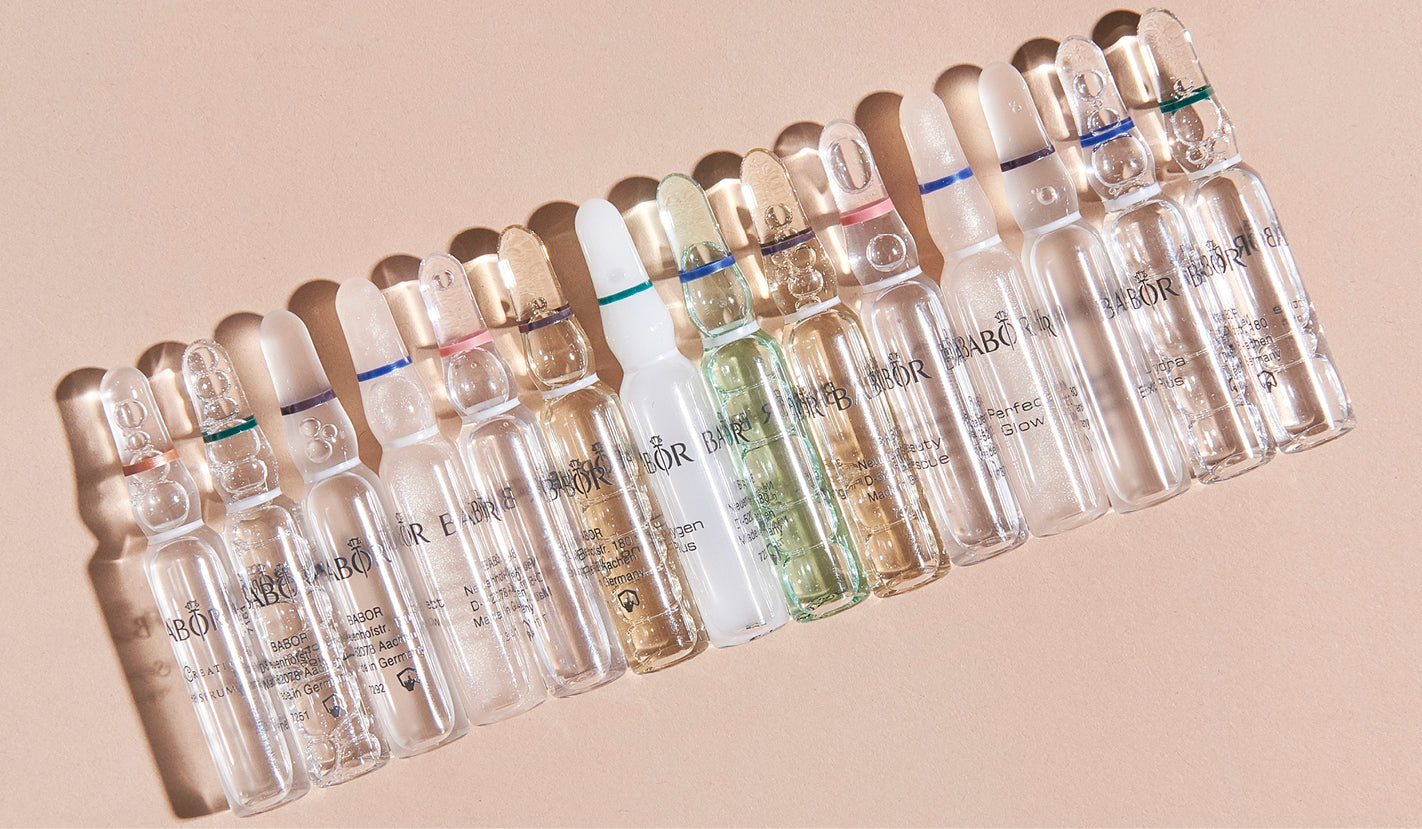
Cosmetic Tattooing, Explained!
Semi-Permanent Make-Up vs Microblading
When exploring the world of cosmetic tattooing, we come across a wide variety of terms, techniques & novelties, which can be super confusing, especially when deciding which procedure we want. As such, let’s review the different terms & techniques, history and the pros and cons of today’s most popular techniques:
- Microblading
- Cosmetic tattooing
- Semi-permanent make-up
- Body tattooing
- Dermo-pigmentation
- Micro-pigmentation
- BB Glow
In a nutshell, all consist of the same action of implanting pigment into the dermis-layer of the skin. The most significant difference between body tattooing and cosmetic tattooing, is the type of pigment used and the depth of pigment implantation. Body tattooing is permanent and is achieved with ink pigments, whereas cosmetic tattooing uses vegetal and mineral pigments, which fade within 1 to 3 years (thus allowing for desired change of shape and/or colour).
The most common areas for cosmetic tattooing are: eyebrows, lips, eyes/eyeliner and more recently face & body freckles – all to enhance natural beauty and create the effect of perfect, professionally applied make-up.
Historically, micro-pigmentation, body tattoos and body art have been performed for many thousands of years. Archaeological evidence indicates that tattooing was practiced among people in the late Stone Age, circa 3300 B.C. More widely recognized, are tattoos found on Egyptian and Nubian mummies, dating approximately 2000 B.C and evidence of tattooing has been found in China, 1000 years B.C. Tattoos were an indication of social status, prestige and to signify beauty by different cultures. Cosmetic tattooing and permanent make-up also date back thousands of years. Today, however, government health regulations have imposed more standardized, sophisticated, safer and hygienic techniques (& product) -- which are used in tattoo shops, day spas and medi-spas worldwide. Modern-world tattoos are largely linked with society’s trendy and new lifestyle approach, which includes: enhancing beauty, freedom of expression, art, reminders, purpose, individuality, correction and for sentimental purposes.
The evolution of cosmetic tattooing has come a very long way and has grown dramatically in popularity, in recent years. It is “on-demand” every day with the modernization, perfection and adaptation of tattoo-art, the social media craze for beauty perfection, society’s fast paced lifestyle, everyone wanting to save time in their daily routine and to assist those with physical disabilities or impaired motor skills (such as Arthritis, Parkinson's disease or Multiple Sclerosis).
THE BIG QUESTION… WHICH TECHNIQUE IS RIGHT FOR YOU?
There are basically two popular semi-permanent cosmetic tattoo procedures available; the difference is quite simple -- the tool (device) used:
Microblading: uses a hand held device pen with disposable sterilized blades, made with 6 to 9 needles
Semi-permanent make-up: uses a tattoo machine and stylus, with a wide variety of disposable sterilized needle cartridges
Prior to choosing a technique for semi-permanent make-up, it’s important to consider and review the following with a technician (specialist) regarding: your skin type, lifestyle, age, sun exposure, skin sensitivity, expectations, post procedure guidelines, treatment follow-up requirements, your daily hygiene & skin care routine, the experience and education of the technician providing the service and the quality, safety and hygiene of products and tools being used for the procedure. All of this is extremely important to ensure a positive experience, your ultimate satisfaction and optimized long-term results.
Both procedures have their pros and cons, let’s take a look at their differences:
Microblading*
PROS
- Hair-like, thin and realistic results
CONS
- Not suitable for oily, thick and/or sensitive skin
- Not suitable for cover ups and/or corrective procedures
- No depth safety on the hand held device blade = danger of permanent skin scarring, pigment migration and/or permanent hair follicle damage
- Higher risk for granulomas (bumps that can occur in tattooed skin, when the cells react badly with the pigments in the ink)
- Higher risk of skin keloids (raised scarring)
- Not suitable for all zones
Semi-Permanent Make-Up*
PROS
- Depth safety needle cartridge = the more precise you are in implanting the pigment at the correct dermal layer depth, the more the results will age well
- Puncture movement of the needle allows for precise pigment implantation into each skin cellExcellent for cover ups and/or corrective treatments
- Best choice for oily, thick and/or sensitive skin
- Optimal medical, post-operative and vast treatment zone corrections: including areola reconstruction, freckles, beauty marks, lips, eyes, powder eyebrows, scalp pigmentation, dark spots, skin conditions, stretch marks and dark circles etc.
CONS
- Requires a skilled and experienced technician to create thin, hair like strokes
* Please note: both procedures require a qualified and certified technician to perform the procedure.
You’ve probably already heard about microblading?! Without a doubt, social media (influencers & bloggers) has played a huge role regarding awareness of this top trending technique. A simple check on Instagram will yield 2M+ images tagged #microblading, 1M+ on #permanentmakeup and 500K+ on #micropigmentation. By publicly embracing these procedures (via pictures, before/after results, videos and stories), social media users have literally broken the taboo against these procedures and have rehabbed the reputation of cosmetic tattooing as a whole. Please keep in mind, however, popularity of the cosmetic tattooing, does not mean universal positivity. You don't have to go far on the internet to find absolute horror stories of badly applied, poorly coloured procedures riddled with granulomas and much more.
While there are regulations concerning who can apply tattoos and under what circumstances, these rules vary by country (province/state). Most Canadian provinces have no specific (or minimal) training requirements for cosmetic and/or micropigmentation application, beyond what's needed to become a body tattoo artist. As a result, this leaves consumers alone to research individual and reputable artists. As you can imagine, this has led to some questionably qualified technicians with confusion as to where and who to turn to, when choosing to have the procedure done. #doyourresearch #chosewisely
Whatever the future holds for semi-permanent makeup, history has shown us that the tools and techniques are ever-evolving and constantly expanding. Millennials and Gen Zers have proven more than ever, that the negative stigma attached to cosmetic changes is a thing of the past.
One thing is for sure beauties… semi-permanent makeup is very much, pardon the pun, “here to stay”.
Happy holidays & happy New Year!
Ileana Barba (Montreal, Quebec)










Leave a comment
Ce site est protégé par hCaptcha, et la Politique de confidentialité et les Conditions de service de hCaptcha s’appliquent.